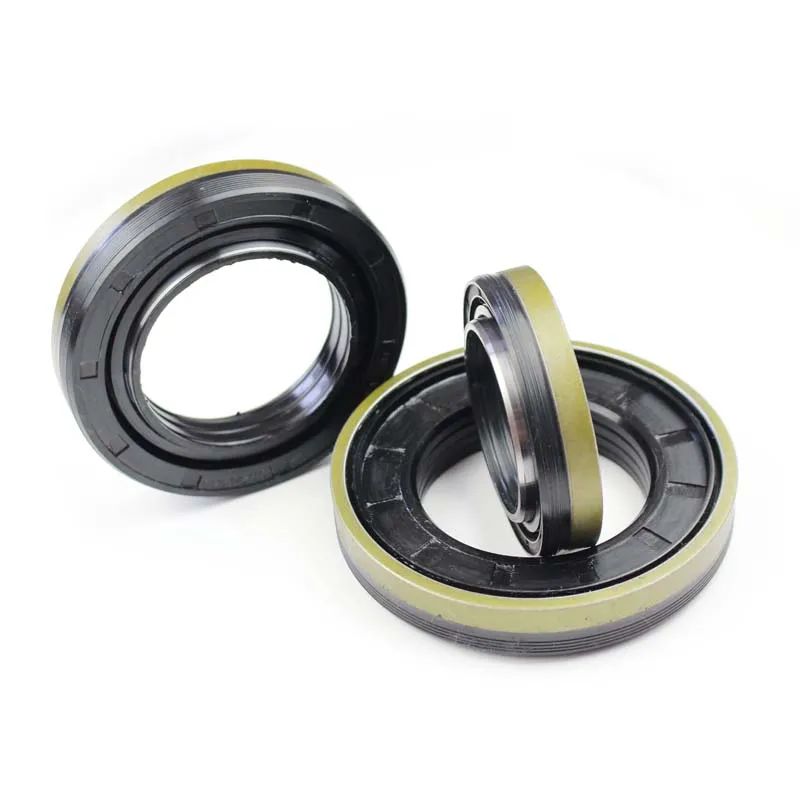housing gasket leaking
Understanding Housing Gasket Leaking Causes, Effects, and Solutions
The housing gasket in a mechanical system is an essential sealing component, designed to prevent the escape of fluids and gases. It plays a crucial role in ensuring the efficient functioning of various types of machinery, including engines, pumps, and compressors. However, over time, gaskets can wear out, leading to leaks that can cause significant issues within the system. In this article, we will explore the causes of housing gasket leaking, its effects, and potential solutions to this common problem.
Causes of Housing Gasket Leaking
1. Wear and Tear One of the primary reasons for gasket leakage is the natural degradation over time. Gaskets are typically made from materials that can break down due to constant exposure to heat, pressure, and fluids. As they age, they can become brittle or lose their elasticity, resulting in gaps that allow fluids to escape.
2. Improper Installation Incorrect installation of a gasket can lead to leaks even if the gasket is new. If a gasket is not seated properly or if the bolts securing the housing are not torqued to the manufacturer's specifications, it can result in uneven pressure and ultimately lead to leakage.
3. Environmental Factors Exposure to harsh environmental conditions, such as extreme temperatures or corrosive chemicals, can also cause gaskets to fail. High temperatures can accelerate the wear process, while corrosive substances can deteriorate the gasket material itself.
4. System Pressure Excessive pressure within a mechanical system can force a gasket to fail. If a system operates beyond its designed pressure limits, the stress can cause the gasket to compress beyond its recovery capability, leading to leaks.
5. Vibration Continuous vibrations from machinery can loosen bolts and distort the shape of a gasket. This can create micro-fractures or gaps, making it easier for liquids or gases to escape.
Effects of Housing Gasket Leaking
housing gasket leaking

A leaking gasket can have a multitude of negative effects on a mechanical system. Firstly, it can lead to a loss of system efficiency. For instance, in an engine, coolant leaks can cause overheating, while oil leaks can reduce lubrication effectiveness, leading to increased friction and wear on moving parts.
Secondly, fluid leaks can create hazardous situations, especially if they involve flammable substances or harmful chemicals. This can not only pose safety risks to personnel but also lead to environmental issues if the fluids escape into the surrounding area.
Moreover, addressing a leaking gasket usually means incurring repair costs. Not only do you need to replace the gasket itself, but any damage caused by the leak may require additional repairs, increasing maintenance expenses and downtime.
Solutions to Housing Gasket Leaking
Fortunately, there are several solutions to address housing gasket leaks. The most effective approach is to assess the cause of the leak. If the gasket is simply old and worn out, replacing it with a new one made from a suitable material can resolve the issue.
For improper installation, ensure that the gasket is fitted correctly and that all fasteners are tightened to meet the manufacturer's specifications. Regular maintenance checks can help identify and rectify any installation-related issues before they exacerbate.
In environments prone to extreme temperatures or corrosive agents, consider using high-performance gaskets designed to withstand such conditions. Likewise, monitoring system pressure and adjusting it within rated limits can prevent pressure-related leaks.
Lastly, reducing vibration through the use of vibration dampeners can help maintain the integrity of the gasket over time, preventing leaks associated with movement.
In conclusion, while housing gasket leaking can lead to significant challenges, understanding the causes and effects allows for effective preventive measures and solutions. Regular maintenance and timely intervention can ensure the longevity of gaskets, safeguarding the overall performance of mechanical systems.
-
Understanding the Front Main Engine Seal: Purpose, Maintenance, and Installation
News Jul.29,2025
-
Understanding O-Rings and Seal Rings: Types, Applications, and Custom Solutions
News Jul.29,2025
-
Understanding Crankshaft Oil Seals: Rear Seals, Pulley Seals, and Their Role in Engine Integrity
News Jul.29,2025
-
The Importance of Front and Rear Crankshaft Seals in Engine Performance and Oil Management
News Jul.29,2025
-
Crank Oil Seals: Functions, Types, and Cost Considerations in Engine Maintenance
News Jul.29,2025
-
A Comprehensive Guide to O-Rings and Seals: Types, Materials, and Global Applications
News Jul.29,2025
-
Mastering Diesel and Performance Engine Maintenance: A Guide to Critical Oil Gaskets
News Jul.28,2025
Products categories















